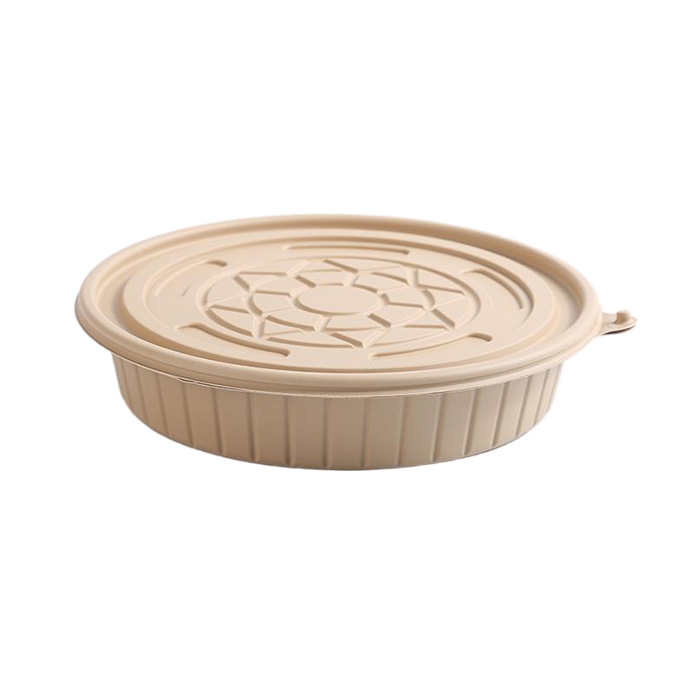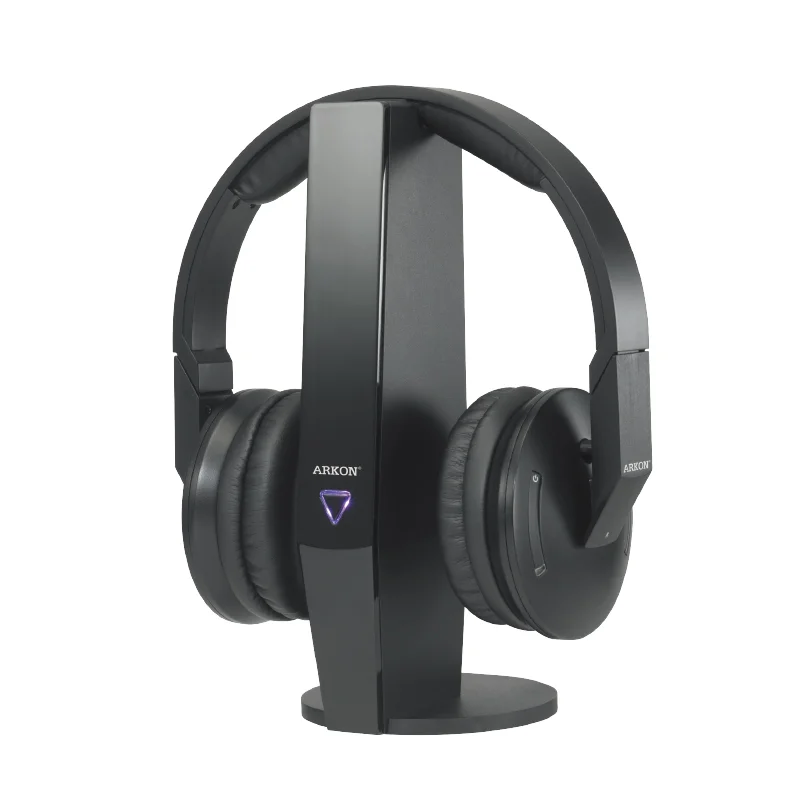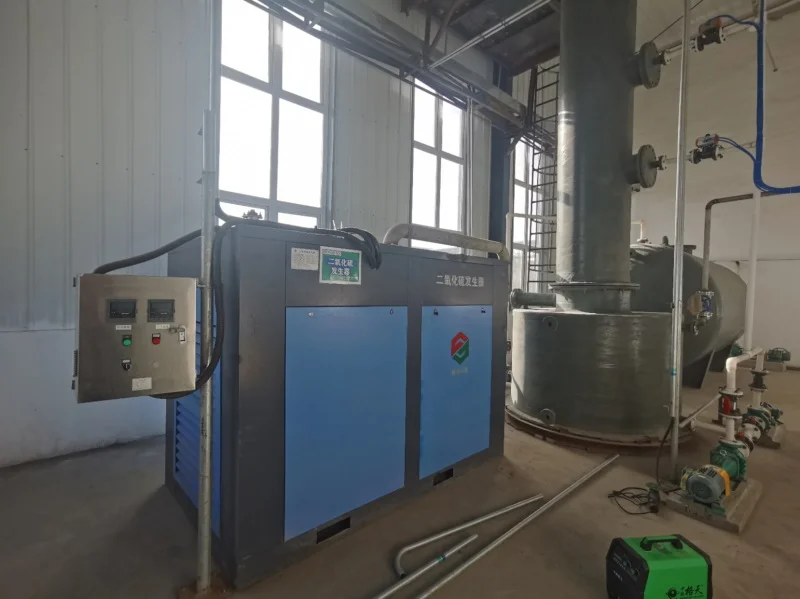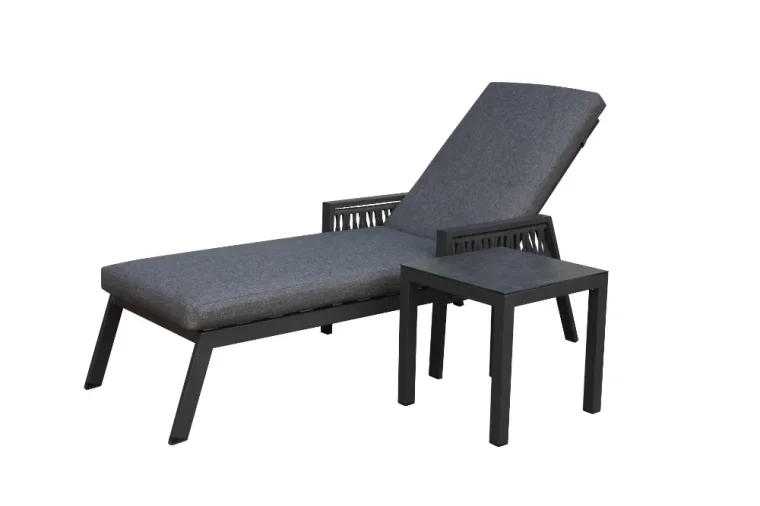In the era of technological advancements, the concept of a smart home has gained significant popularity. But what truly qualifies a home as "smart"? In this comprehensive blog post, we will delve into the multifaceted aspects of a smart home, exploring its core qualifications, advanced features, and the transformative impact it has on our daily lives.
- Connectivity and Integration:
At the heart of a smart home lies its ability to seamlessly connect and integrate various devices and systems. From lighting and security to entertainment and energy management, a smart home should offer a unified ecosystem where all components work harmoniously. This integration is often achieved through wireless protocols like Zigbee or Z-Wave, enabling effortless control and automation. - Intelligent Automation:
A distinguishing feature of a smart home is its capacity for intelligent automation. Through the use of sensors, artificial intelligence, and machine learning algorithms, a smart home can adapt to its occupants' preferences and optimize energy consumption. From adjusting temperature settings based on occupancy patterns to automatically turning off lights when a room is unoccupied, intelligent automation enhances convenience, comfort, and energy efficiency. - Voice and Gesture Control:
A truly smart home empowers its inhabitants with intuitive control mechanisms. Voice assistants, such as Amazon Alexa or Google Assistant, enable users to interact with their home through natural language commands. Additionally, gesture recognition technology allows for touchless control, further enhancing accessibility and convenience. These control methods provide a seamless and hands-free experience, making daily tasks effortless. - Enhanced Security and Safety:
A smart home prioritizes the safety and security of its occupants. Advanced security systems, including smart locks, surveillance cameras, and motion sensors, offer real-time monitoring and alerts. Integration with smartphones allows homeowners to remotely control and monitor their home's security, providing peace of mind even when away. Additionally, smart smoke detectors and water leak sensors can detect potential hazards and promptly alert homeowners, mitigating risks and preventing damage. - Energy Efficiency and Sustainability:
With increasing environmental concerns, a smart home should embrace energy efficiency and sustainability. Smart thermostats, for instance, learn occupants' behavior and adjust temperature settings accordingly, optimizing energy usage. Integration with renewable energy sources, such as solar panels, further reduces reliance on traditional power grids. Additionally, smart energy monitoring systems provide real-time insights into energy consumption, empowering homeowners to make informed decisions and reduce their carbon footprint.
Conclusion:
As technology continues to evolve, the qualifications of a smart home expand beyond mere connectivity and automation. A truly smart home integrates various systems, offers intelligent automation, provides intuitive control mechanisms, prioritizes security and safety, and embraces energy efficiency. By embracing these qualifications, homeowners can transform their living spaces into innovative, sustainable, and future-ready environments.








+ There are no comments
Add yours